Marti Maraden left behind a legacy of care, intelligence, and depth of thought
It feels fitting that I celebrate the life of Marti Maraden by writing about her; writing about her is how our friendship began.
I met Marti for the first time by phone in 2017, when I was writing an artist profile about Tom Rooney for Intermission. Marti was warm and generous with her memories and her time. When she felt she hadn’t spoken about Tom as thoroughly as she wished she had, she followed up with an email to me, including a Hamlet quote which she believed encompassed all the qualities Tom would bring to the role when she directed the production with him in 2004 at the NAC. The care, intelligence, and depth of thought with which she was answering my question spoke volumes to me about Marti as an artist.
That first call with Marti led to a much bigger, ongoing conversation about her life and work. Over the next year or so I would interview her (along with Diana Leblanc and Martha Henry) about her extraordinary career as an actor, director, and artistic director. The afternoon I spent sitting literally at her feet while the three of them reminisced and compared shared experiences and praised each other’s work is easily the most surreal privilege of my professional life. We kept in touch after our conversations, and I visited her in Stratford whenever I could.
I recorded those interviews with Marti, and I still have them. At the time I wanted to be able to have a conversation without worrying about making notes or relying on my memory for details or accuracy. As I re-listened to our first conversation when I began writing this remembrance, I became aware of what an extraordinarily precious thing I am in possession of. Her voice, her perspective, her stories.
The work we do as theatre artists is momentary. It’s ephemeral. We all know this. I lament that I can’t watch Marti in Three Sisters with Martha and Maggie Smith, or see the Hamlet she directed with Tom. These works live for me only in some images I’ve seen, and the stories I hear about them. I find it distressing that often the only public record of a production are the reviews. Talking with an artist like Marti, the opportunity to ask her innumerable questions about her work and life, and then writing it down and sharing it with others, is something I hope to do more of throughout my life. And I hope others will do the same with their mentors and elders, because I want to read about them.
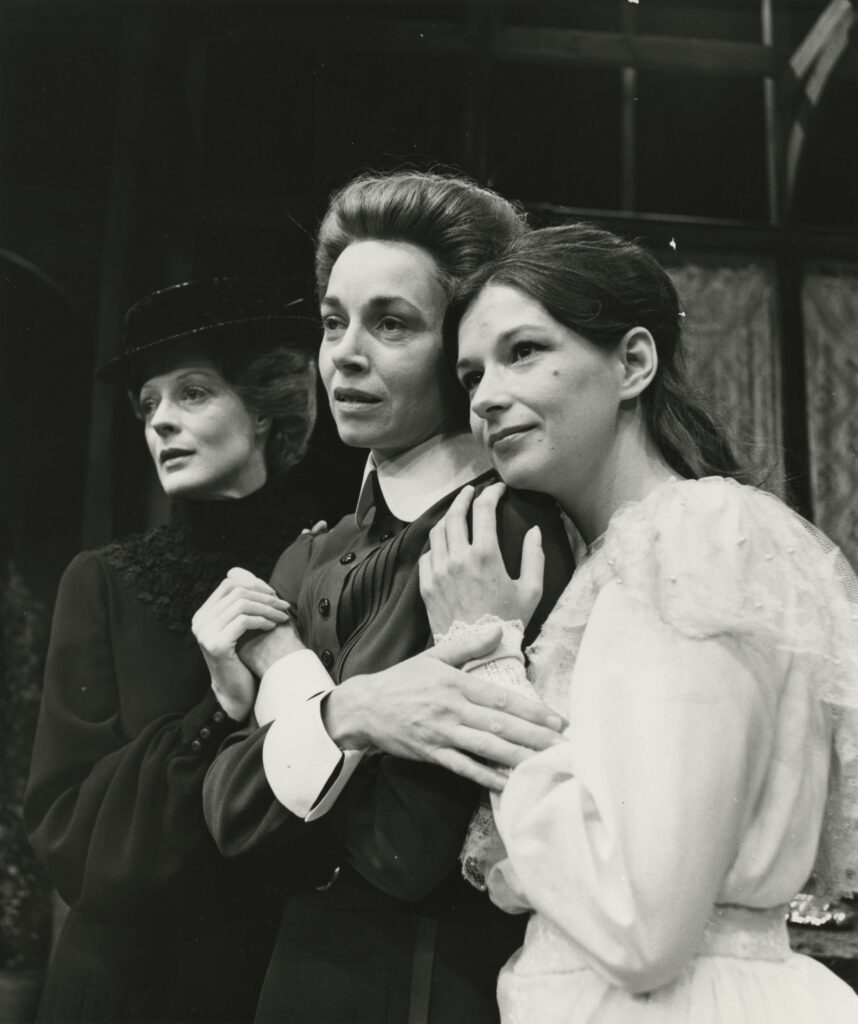
One of the last emails I received from Marti was signed, “I’ll miss you until I see you,” a message she wanted me to pass on to my six-year-old daughter, Dorothy. I had recently taken Dorothy to visit Marti at her home in Stratford and they’d fallen head-over-heels for each other. Marti asked Dorothy to call her Aunty Marti, and Dorothy told Marti she loved her. We have a music box on Dorothy’s “shelf of special things” which contains a handful of tiny trinkets Marti gave her as she showed Dorothy around her beautiful home. It was a perfect, precious morning that I’ll cherish always.
In the days and weeks following her passing, artists from across the country have shared their experiences and memories of Marti. She is universally remembered as kind, generous, talented, supportive, and in possession of a very sharp mind and a very sharp wit. This tribute, from actor and playwright Mark Crawford, has to be my favourite:
“One time, we were chatting about strong/mature language in plays (i.e. swearing) and talking about audience complaints. She told me that when she was artistic director of the National Arts Centre, she would get letters about profanity and she’d always reply saying thank you for your letter, and try to give the audience member context for why the playwright used that language, how drama is about high stakes moments and we often use strong language in those situations, and how she tried to include many different voices in her programming at the NAC. Very classy, kind, warm, professional.
And then she said, ‘But I was always tempted to write back and say, “Oh, why don’t you fuck off? Sincerely, Marti Maraden.”’
She may have looked sweet, but she was tough and incredibly funny.”
I’m happy that Marti came into my life when she did, in the way that she did. I’m grateful for the time I spent with her and the lessons I learned. And though I mourn her loss along with countless of her friends and colleagues, celebrating her life in this community has been a beautiful thing, too.
We love you, Aunty Marti. We’ll miss you until we see you.
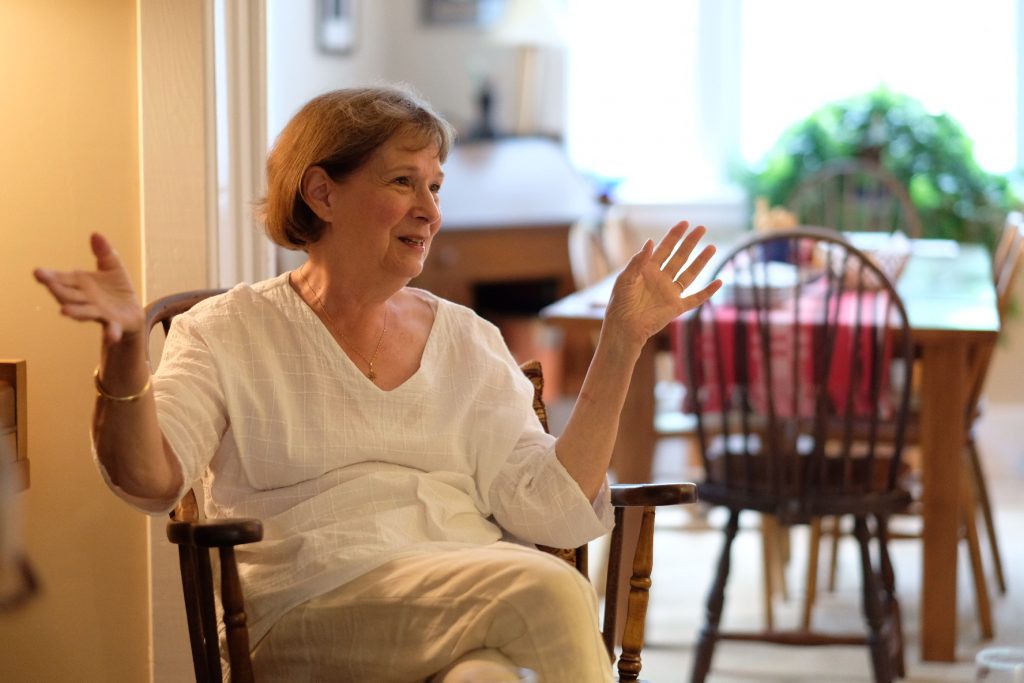

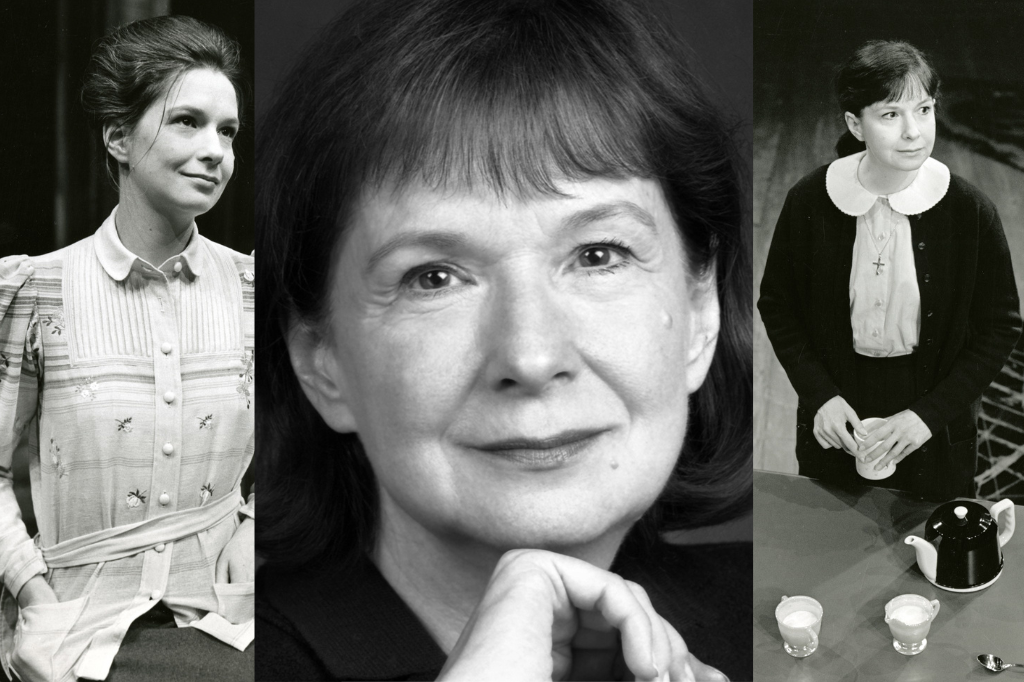
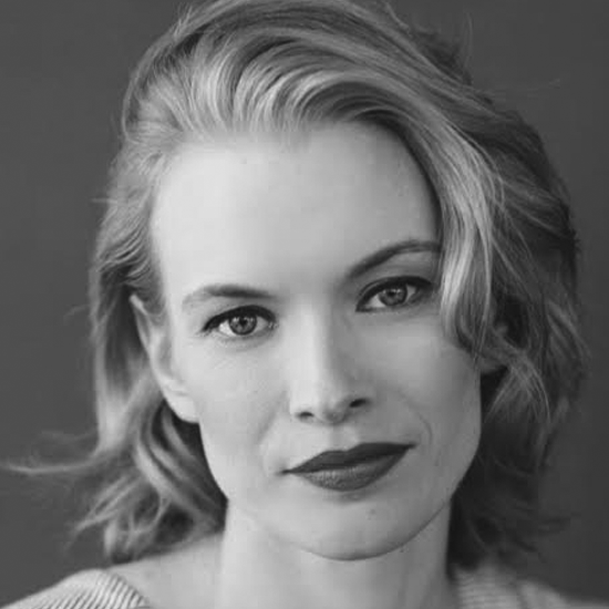






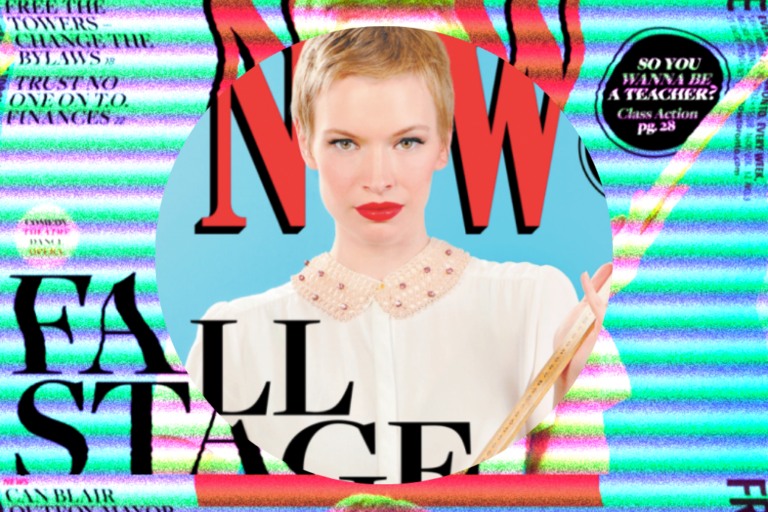



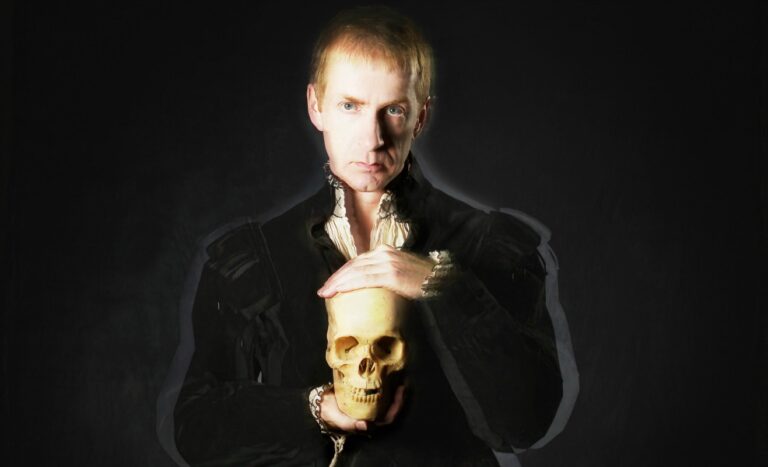
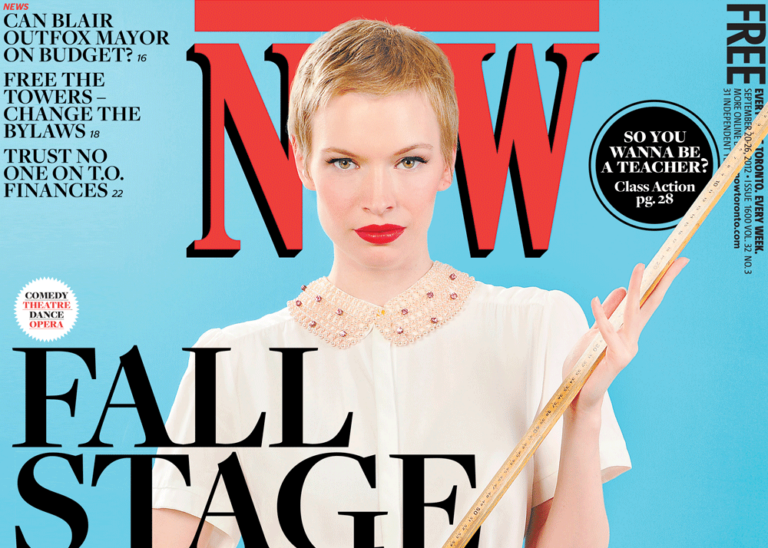
Comments